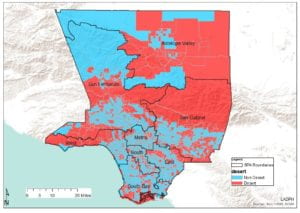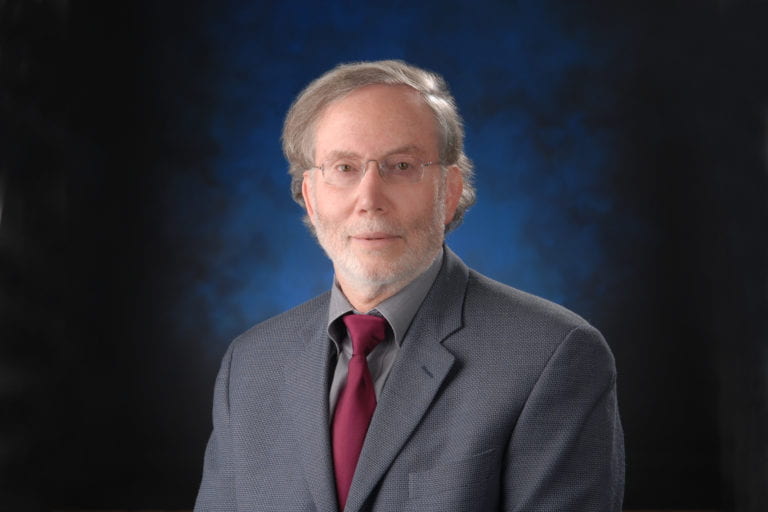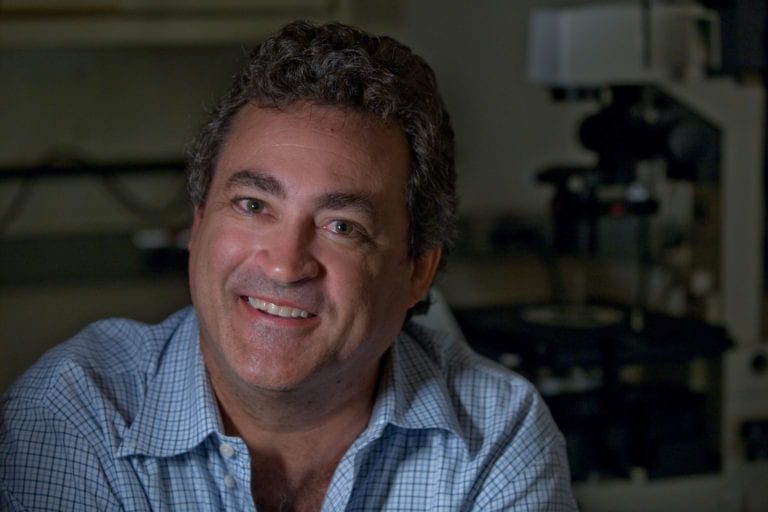UCI study first to link disparities and ‘pharmacy deserts’ in California
Findings demonstrate how factors such as poverty further reduce access to pharmacies
Irvine, Calif., Jan. 6, 2021— In the United States, Black, Latino and low-income communities have historically lacked nearby access to pharmacy services. To provide the first record of these “pharmacy deserts” in Los Angeles County, a University of California, Irvine study identified communities where the nearest pharmacy was at least one mile away.
Unlike previous studies, this one describes pharmacy deserts in terms of social determinants of health – such as owning a vehicle, crime rates and poverty – to determine which communities have the greatest need for pharmacy access. Published in the Journal of Racial and Ethnic Health Disparities, it is the first study to look at pharmacy deserts in the state of California.
“My goal is to bring these concepts together at the intersection of pharmacy practice, public health and social justice to reduce health disparities,” said Cheryl Wisseh, a health sciences assistant clinical professor of clinical pharmacy practice at UCI and the study’s first author.
The study was conducted in collaboration with researchers at Charles R. Drew University of Medicine and Science in Los Angeles.
They found that some Los Angeles County areas lacking pharmacy access are characterized by denser populations, larger numbers of Latino and Black residents, less vehicle and home ownership, higher crime rates, and greater poverty.
“These social determinants of health compound the negative effects of pharmacy shortage through competing needs,” Wisseh said. “For example, some residents living below the poverty line may choose to forgo picking up their medications so that they can pay for food, rent and other necessities.”
A pharmacy shortage likely equates to fewer clinical pharmacy services, such as health screenings, vaccines and medication management, Wisseh added.

Since pharmacies are a large distributor of vaccines across the U.S., the COVID-19 pandemic makes access to pharmacists even more pressing.
“As the COVID-19 vaccines start rolling out, pharmacists will be key to the rapid and equitable distribution and administration of doses, just as they have been with COVID-19 testing,” said Jan D. Hirsch, founding dean of the UCI’s School of Pharmacy & Pharmaceutical Sciences.
Wisseh added that the communities within pharmacy deserts are particularly vulnerable to COVID-19.
“The same forces of structural inequity and systemic racism that contribute to the formation of Los Angeles pharmacy deserts contribute to the disproportionate test positivity, incidence and mortality rates of COVID-19 in racial and ethnic minorities,” she said.
“Residents in Los Angeles County pharmacy deserts might benefit greatly from equitable, innovative, community-based interventions that increase access to medications, pharmacy services and pharmacists,” the researchers wrote in the study. For instance, the county could add pharmacists to local clinics and other primary care settings to provide clinical services. In her own clinical practice, Wisseh works with county-led programs in South Los Angeles to improve pharmacy access for patients.
Wisseh plans to conduct a similar study on a larger scale – perhaps across California – to examine how pharmacy deserts contribute to whether minority communities take medications as prescribed and investigate disparities in available medications within pharmacies.
About the University of California, Irvine: Founded in 1965, UCI is the youngest member of the prestigious Association of American Universities. The campus has produced three Nobel laureates and is known for its academic achievement, premier research, innovation and anteater mascot. Led by Chancellor Howard Gillman, UCI has more than 36,000 students and offers 222 degree programs. It’s located in one of the world’s safest and most economically vibrant communities and is Orange County’s second-largest employer, contributing $5 billion annually to the local economy. For more on UCI, visit www.uci.edu.
Media access: Radio programs/stations may, for a fee, use an on-campus ISDN line to interview UCI faculty and experts, subject to availability and university approval. For more UCI news, visit wp.communications.uci.edu. Additional resources for journalists may be found at communications.uci.edu/for-journalists.


